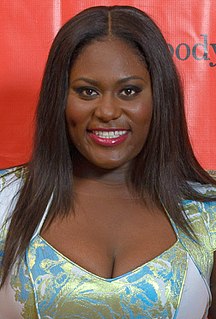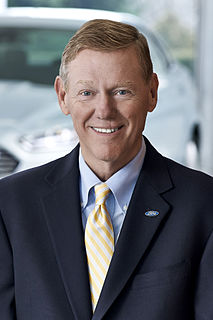A Quote by Eric Schmidt
Brands are the solution, not the problem. Brands are how you sort out the cesspool.
Related Quotes
Most brands that are called luxury brands today are not true luxury brands. The globalization of fashion and luxury means you now find the same luxury brands in every city. The stores look the same, the products are the same. It is still a very good quality product but it is now readily available to everyone. It's a kind of mass luxury.
I am expecting that consumers are going to continue and exert power and influence. The idea of radical transparency is something that few brands are taking advantage of now, and most brands fight it. I’d say that in 10 years the best brands won’t be those with the best stories, sort of made up fictional stories, but those that will give an accurate and real time picture of what they are doing in the interest of the consumer, in any given time.


































